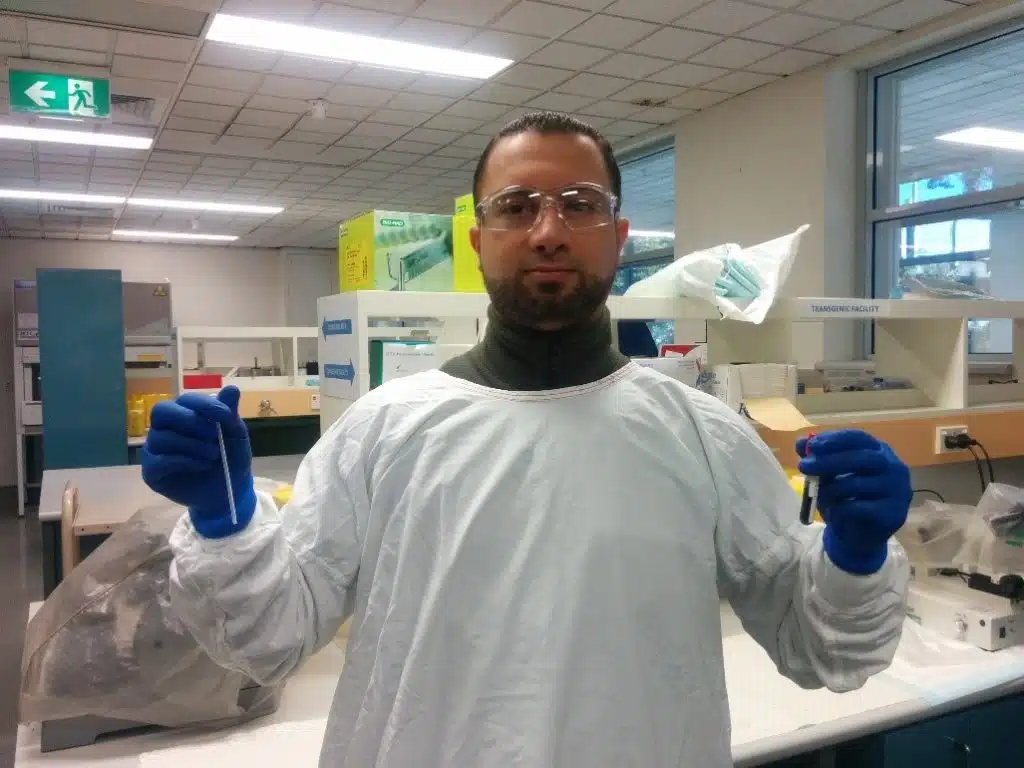A simple tweak of the current immunisation schedule could reduce the number of doses of the pneumococcal conjugate vaccine a child needs, according to Sydney researchers.
Currently infants are required to receive three doses of the vaccine in order to gain full protection against pneumococcal diseases.
However the pneumococcal vaccine is one of the most expensive vaccines in immunisation schedules, which makes it out of reach for more than 40 per cent of the world’s countries.
“Worldwide, a child under five dies of pneumonia every two seconds, mostly in developing countries,” says researcher Dr Mohamed Tashani from the National Centre for Immunisation Research & Surveillance (NCIRS).
“The existing vaccine is very effective, but there are still children dying of pneumococcal diseases because their countries cannot afford the expensive vaccine. My research aims to change that.”
Mohamed found that if the pneumococcal vaccine was given three to four weeks after the whooping cough vaccine—instead of at the same time as is the current practice—this triggers an interaction called carrier priming that made the pneumococcal vaccine more powerful and effective.
“With this tweak to the schedule, two doses of the vaccine may be sufficient to gain full protection against pneumococcal diseases,” he says.
“This would eliminate a third of the expense of the vaccine, make the immunisation schedule more cost-effective, and potentially contribute to saving million of dollars and millions of babies’ lives in developing countries.”
Contact: Mohamed Tashani, Children’s Hospital at Westmead Clinical School/University of Sydney Medical School (previously National Centre for Immunisation Research & Surveillance), toshani2003@gmail.com
Banner image: Dr Mohamed Tashani in the lab. (Credit: NCIRS)






 Fresh Science is on hold for 2022. We will be back in 2023.
Fresh Science is on hold for 2022. We will be back in 2023.